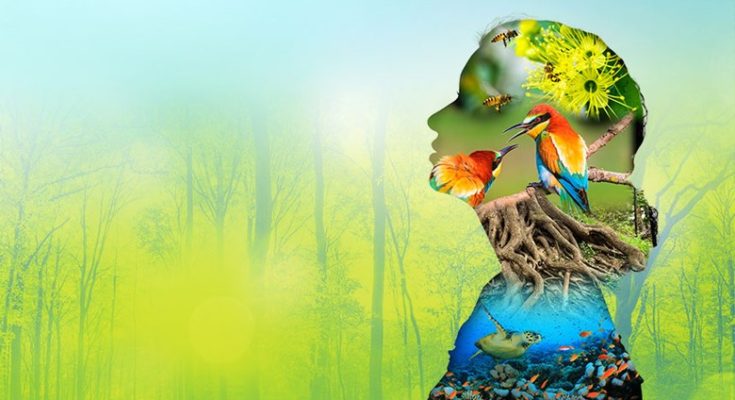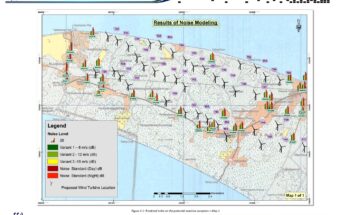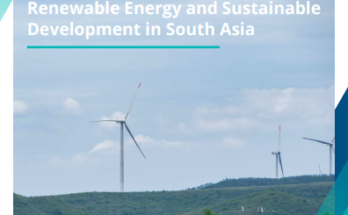Million years ago, planet Earth and its countless dwellers coexisted in perfect peace. During favourable times organisms multiplied and flourished. When the times turned to become critical and challenging, they diversified. Obeying the laws in the natural world, fittest were selectively handpicked from the existing cluster leaving behind the weak, to survive the next era. From Precambrian onwards as the eras unfolded the inhabitants on the planet earth were renewed. For each time period, a new set of organisms emerged through the process called evolution and species who were equipped with the best adaptations held the dominance over the others. One such new speciation that happened in the Cenozoic era, changed the fate of the planet and all other lifeforms, forever. Humans; began to tame the planet, during their 190,000 years long stay which is equivalent to a mere blink of an eye compared to 4.5 billion years old Earth. Unlike the past creatures, human dominion wasn’t simply limited to food or shelter. They held authority over every aspect of the natural world; interfered with biogeochemical cycles, harvested and extracted other lifeforms as they pleased. As a result of their irrational behaviour, the integral ecological balance that existed for millennia was lost.

Clearance of rainforests for oil palm plantations is responsible for severe population declines. (Image Source – Reuters)
This is the story of how our kind enslaved the planet. Since 1974 each year on June 5th World Environment Day, we celebrate the natural world by picking one theme that requires global awareness and action. On this year we celebrate “biodiversity”, by wrapping the United Nations decade on biodiversity (2011 – 2020) under the theme “Time for Nature”

Pangolins are threatened with wildlife trafficking in global scale (Image Source – Wikiwand)
What is biodiversity?
In simpler terms biodiversity is the variety of all lifeforms that inhabit the planet earth. In science-oriented language, it is defined as the diversity that exist from genetic level to ecosystem level among organisms. From minute bacterial cells to gigantic blue whales, biodiversity encompasses 8 million of plant and animal species. According to the current statistics, biodiversity is shrinking at a rate humanity never experienced before. As of today, more than 1 million animal and plant species are threatened with extinction. Since 1900, the average abundance of native species in most of the land-based habitats have fallen at least from 20%. According to WWF biennial report, 76% of freshwater wildlife, 39% of terrestrial wildlife and 39% of marine wildlife are lost since 1970. The live coral cover has diminished into half of its original extent during the past 150 years and more than a third of all marine mammals are threatened. Next decade will drive one out of every four known species into extinction. Scientists predict that we are stepping into 6th mass extinction of the planet which is different from the previous 5 events as this is catalyzed by human activities.
What factors cause biodiversity loss?
Habitat loss and fragmentation
Among the major stressors that threaten biodiversity, habitat loss and fragmentation is placed first. Clearance of tropical rain forests to make way for plantations, developmental projects and timber extraction abuse wildlife to a greater extent. Habitat loss drives organisms out of their natural ranges, sometimes pushing them towards the close proximities of human settlements which will eventually spark human-wildlife conflicts. Due to fragmentation, the natural migratory routes, wildlife corridors get affected, hindering the movements of organisms. Meanwhile, squeezed wildlife in remnant patches are threatened with unfavourable levels of competition.
Pollution
Water and soil pollution induced by anthropogenic activities enhances the toxicity levels in the environment. Industrial effluents, agrochemicals, pharmaceuticals, etc. that are introduced into water bodies and soil surfaces have significant impacts on the residential and migratory biota. These chemicals can alter the physiological, behavioural and metabolic responses in organisms that will ultimately lower the fitness.
Overexploitation of natural resources
Humankind depends on the natural world in fulfilling their basic needs and countless wants. It is estimated that 1.6 earths are required to meet the demand we exert on the planet, which in other words indicate that we are exploiting the planet beyond its capacity to regenerate. Overhunting, overfishing, over-harvesting species for food, medicines and as raw materials accelerate the rates of extinction.
Climate change
Climate change alone is considered to be the culprit for 7.1% current declines in animal populations. From starving polar bears at the melting poles to bleaching corals in the warm oceans, organisms suffer from the alterations in their favoured environmental parameters. Given that climate change-induced incidents are expected to exacerbate in the future, biodiversity loss triggered by climate change is in elevating trend.
Why we should care?
Humans must understand that we are not a superior species that evolved to govern the others. We are not the weaver, but a single thread connected to the web of life. As our existence is very much interdependent on the threads we are linked with, in the absence of other natural elements, humankind will eventually perish. Besides, this planet belongs to all its lifeforms. Therefore, each organism shares the same right to survive on this planet and we have no authority to violate that right. Even though we keep hearing that this is the ideal time for a change, I guess that so-called ideal time is long gone, and we are facing a “better late than never” situation. On this environment day let us take the pledge to reserve time for nature by altering our way of life, consumer preferences and spreading awareness.




